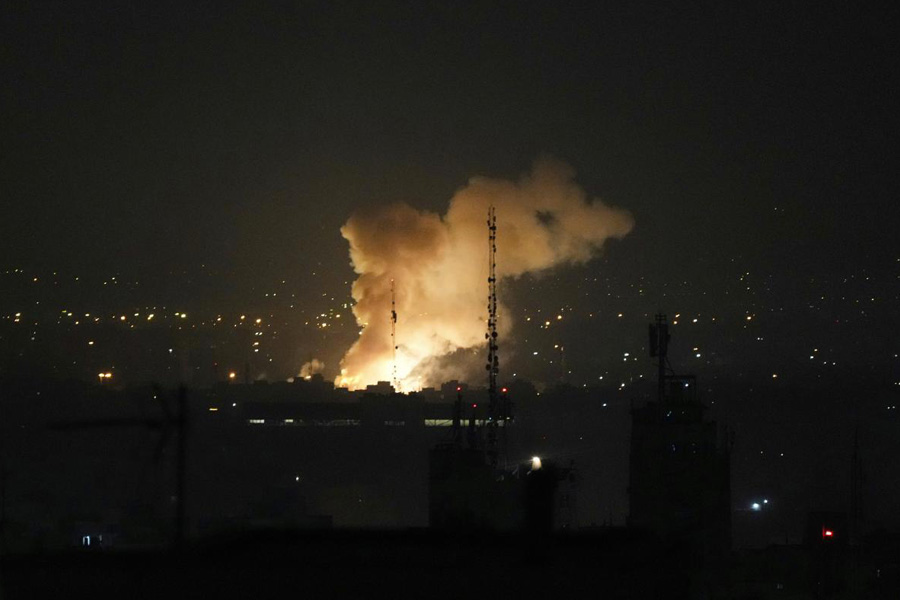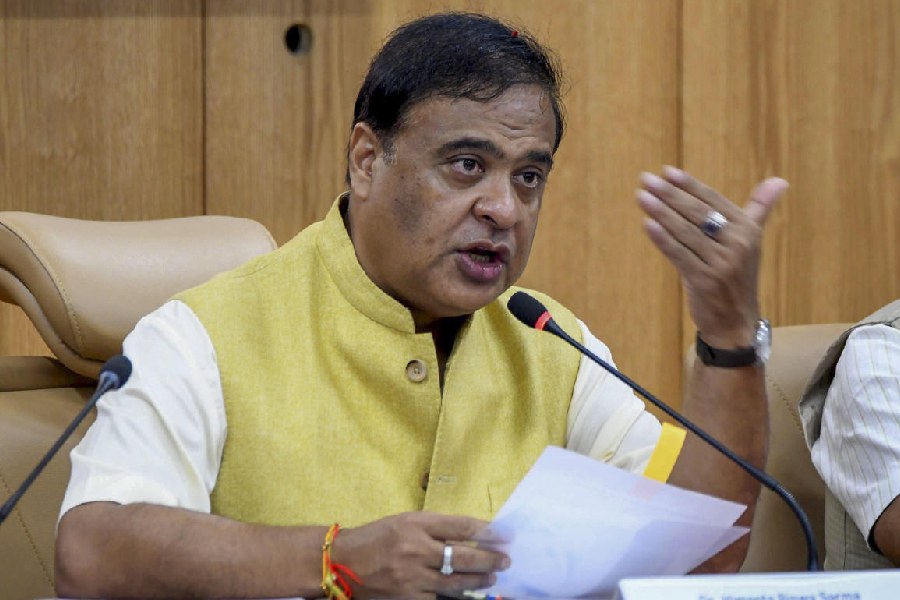It was the storm before the calm. Hours after Iranian forces fired missiles at the largest Middle East air base of the United States of America in Qatar, the US president, Donald Trump, announced a ceasefire between Iran and Israel. The regional rivals had been bombing each other since June 13 when Israel struck multiple Iranian nuclear facilities, killed top generals and nuclear scientists, as well as several civilians. In all, more than 600 Iranians have died in Israeli missile strikes over the past 11 days. At least 28 Israelis have been killed in Iran’s retaliatory attacks. That conflict soared to newer heights after the US bombed three Iranian nuclear facilities. While Tehran has portrayed its attack on the Al Udeid base in Qatar as its revenge against the US strikes, there is plenty to suggest that Doha and Washington had been forewarned. The US had cleared out the base and Qatar had closed its airspace before the missiles flew from across the Persian Gulf, ensuring that no one was injured. If that strike was indeed meant as an off-ramp for Iranian leaders to be able to tell their domestic audience that they had hit back at America, while enabling a truce, Mr Trump — and leaders in Doha and Tehran — deserve credit for astute diplomacy.
Now the challenge lies in keeping the ceasefire in place. Minutes after the ceasefire was announced, Israel and Iran resumed their attacks on each other, drawing criticism from Mr Trump who appeared particularly upset with Israel, asking it to stop bombing Iran and to turn its warplanes around. Ultimately, a ceasefire only holds if both parties believe it is in their interest to keep the peace and if the mediator of the truce is strong enough to enforce its terms. Iran, which has faced numerous strategic setbacks over the past two years, with many of its regional allies decimated and its nuclear programme now targeted, has little incentive to revive a military confrontation right now. Mr Trump, too, loves to portray himself as a peacemaker — as India and Pakistan know well. But the political position of the Israeli prime minister, Benjamin Netanyahu, at home hinges on Israel staying in a state of perpetual war. The March breakdown of the Gaza ceasefire that Mr Trump’s team had helped broker is an example of what can happen if Israel’s leader has his way. With Iran, he must not be allowed to.










